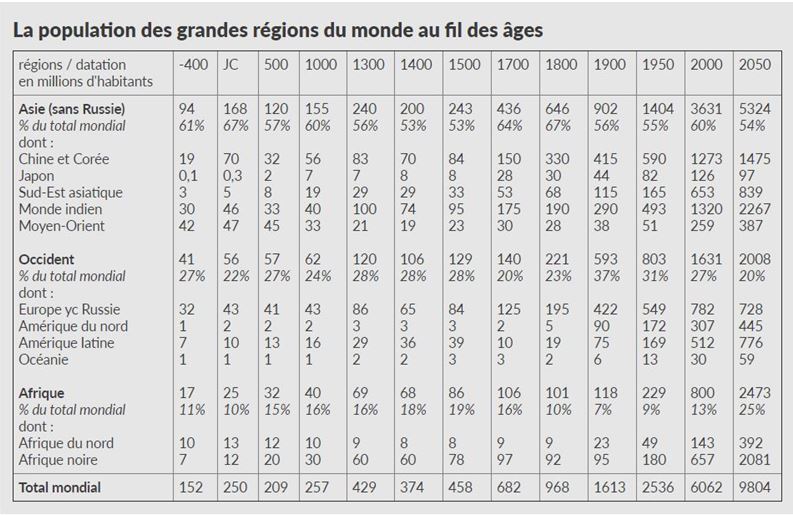The birth of techno-climatism

History tends to remember the 1920s as the “roaring twenties”, dominated by joie de vivre, jazz and the Charleston. But this is the story as told by the Americans. On the European side, the population had just experienced the absolute horror of the First World War and was living through an immense post-traumatic shock, of which Dadaism gives just a small indication. In addition, the Europeans sensed that the war wasn’t really over: a vengeful Treaty of Versailles which did not usher in peace but only prepared the way for the next war; but also the presence of all the war stigmata (prisoner-of-war and soldier camps, murderous mine clearance operations, ruins…) conducive to epidemics (Spanish flu of 1918: 20 million dead) and famine (5 million dead in Ukraine in 1922). No, the 1920s in Europe were not “roaring” but rather “screaming”. And it is in this daily visualisation of the apocalypse that we find the immense aspiration for order and peace that will soon throw the peoples of Europe into the arms of ideologies and charismatic leaders promising a brighter tomorrow.
Today our experience of the end of the world is anticipated (or fantasised) – in a way, perhaps, that makes it even more virulent than that of our ancestors. This is the result of predictions concerning the consequences of the climate change being inevitably induced by the activity of 7-10 billion people accessing the comfort of Western lifestyles, i.e. a change in demographics producing an extremely complex change in the energy-economic paradigm…This is a fact.
The management of this transition perhaps justified the initial intensity of the communication of traumatic images nourishing a “lived experience” of the end of the world comparable to that which characterised the 1920s and giving rise to an identical radicalism in favour of a return to the old order (paradise lost) that, paradoxically, only new order can produce (Mussolini’s project did indeed consist of a renewal of the elites). This is how Mussolini can be seen as a ‘moderno-conservative’. The moderno-conservatism of the day is “techno-climatism”, or the fusion of the trans-humanist innovations of Google and others with the political content of the fight against climate change (back to the Garden of Eden).
This is convenient… 2020 is also the year of the deployment of 5G and digital currencies on a large scale (Libra, e-yuan, e-euro, and now even e-dollar). And these next steps in technological progress will push the “surveillance economy” to new heights – a surveillance economy whose profits (via GAFA taxes and the channelling of finance to the green economy) and techniques (predictive individual data collection) will start this year to serve the green political project with the greatest of popular enthusiasm and with real positive advances… at the beginning.
Let us remember that totalitarianism is a system tending towards totality, intruding into the intimate sphere of thoughts and imposing on everyone an adherence to an obligatory ideology. If environmental protection is as relevant a cause as that of the peace to which our forefathers aspired, the highway that humanity is about to take to get there will be even more total than it was 100 years ago:
- The available thought control techniques are almost limitless in their power
- The size of the populations involved in the project is out of all proportion to those of the 1930s
- As for what is at stake, this is also of greater significance than in the last century, since it is no more and no less a question of saving the planet.

Figure – Demographic trends in the major regions of the world – Source: herodote.net
It seems to our team that, at this stage, such a mobilisation in favour of this rescue may hold the promise of the kind of paradigm shift that all the crises over the past 15 years have shown to be absolutely necessary. But the price to be paid could well be enormous and the time needed for a return to reason could be particularly long… register to read more in the GEAB 142




Comments